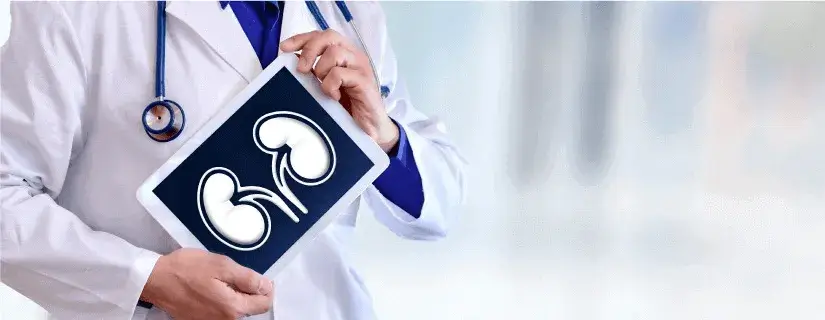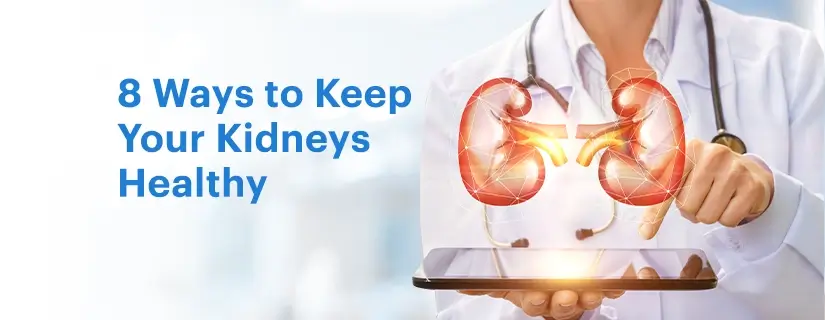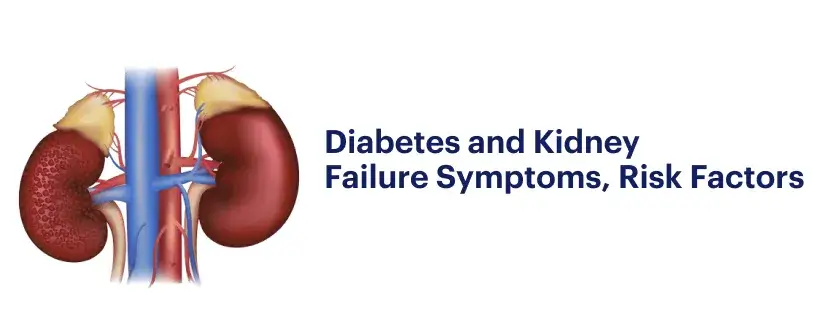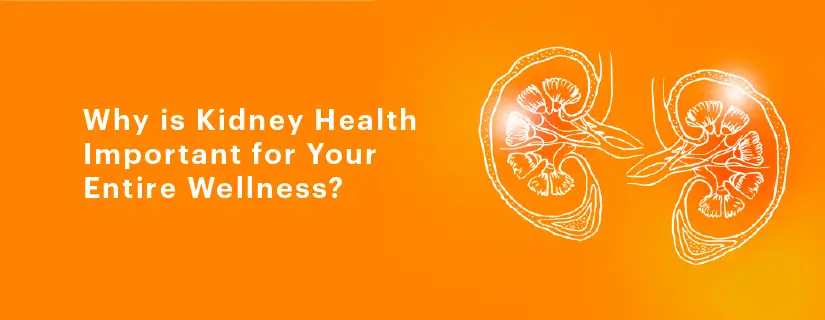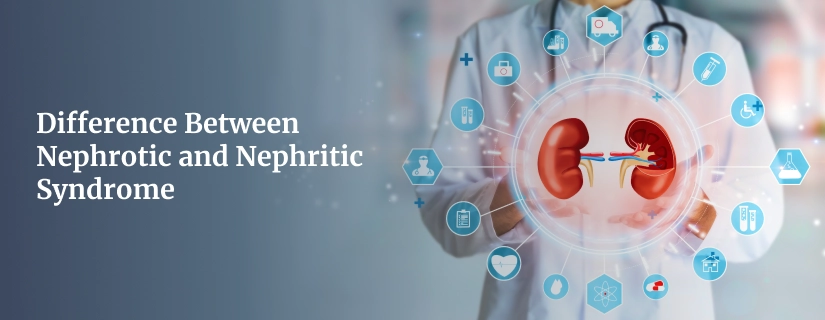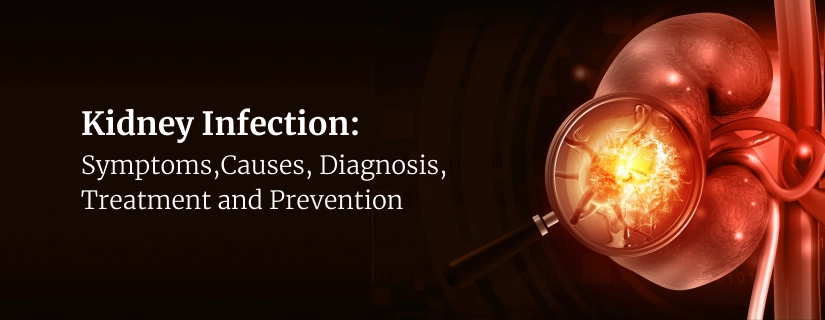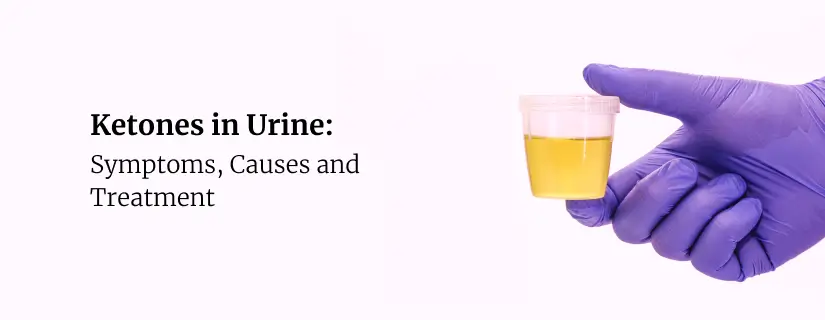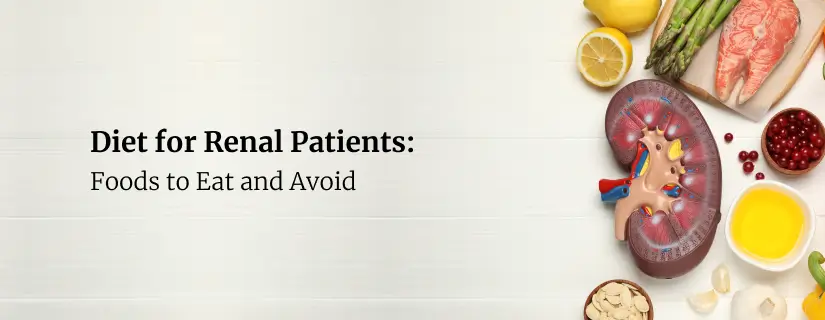-
Doctors
-
Specialities & Treatments
Centre of Excellence
Specialties
Treatments and Procedures
Hospitals & Directions HyderabadCARE Hospitals, Banjara Hills CARE Outpatient Centre, Banjara Hills CARE Hospitals, HITEC City CARE Hospitals, Nampally Gurunanak CARE Hospitals, Musheerabad CARE Hospitals Outpatient Centre, HITEC City CARE Hospitals, Malakpet
HyderabadCARE Hospitals, Banjara Hills CARE Outpatient Centre, Banjara Hills CARE Hospitals, HITEC City CARE Hospitals, Nampally Gurunanak CARE Hospitals, Musheerabad CARE Hospitals Outpatient Centre, HITEC City CARE Hospitals, Malakpet Raipur
Raipur
 Bhubaneswar
Bhubaneswar Visakhapatnam
Visakhapatnam
 Nagpur
Nagpur
 Indore
Indore
 Chh. Sambhajinagar
Chh. SambhajinagarClinics & Medical Centers
Book an AppointmentContact Us
Online Lab Reports
Book an Appointment
Consult Super-Specialist Doctors at CARE Hospitals
Diet for Kidney Stones: What to Eat and What to Avoid
Updated on 3 September 2019
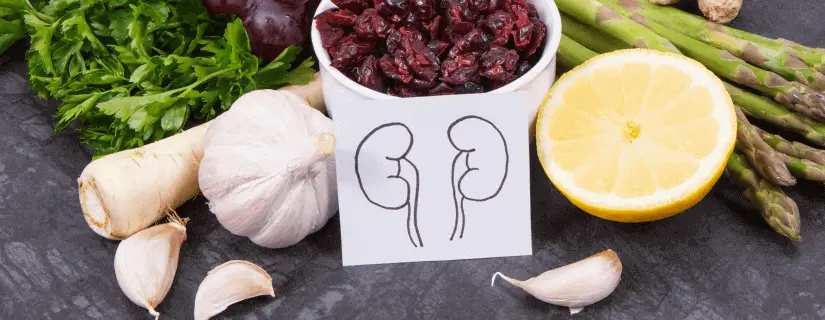
Kidney stones are hardened deposits of minerals and/or salts that form inside the kidneys. They can be classified into - calcium oxalate stones, calcium phosphate stones, uric acid stones, struvite stones, and cystine stones. Most kidney stones pass through the urinary tract and are eliminated along with the urine but the passage itself is a very painful process. Fortunately, kidney stones can be prevented by consuming a diet that inhibits the formation of stones. In fact, dietary changes are an important part of kidney stone treatment. Here are the foods and the diet for kidney stones you must eat and some you must avoid if you suffer from recurrent kidney stones.
What Foods to Eat and Avoid in Kidney Stones
When it comes to managing kidney stones through diet, it's essential to focus on both foods to incorporate and those to limit or avoid to help prevent the formation of stones.
Foods to Eat in Kidney Stones :
2. Citrus Fruits: Lemons, oranges, and limes contain citrate, which inhibits stone formation. Adding a splash of lemon juice to your water or consuming citrus fruits can be beneficial.
3. Calcium-Rich Foods: Contrary to popular belief, calcium from food sources is essential and can actually reduce the risk of stones. Foods like milk, yogurt, cheese, and fortified plant-based milk are good choices.
4. Fruits and Vegetables: Fruits and veggies are high in antioxidants and provide essential nutrients while maintaining alkaline urine, which is beneficial for kidney health. Opt for a variety of fruits and vegetables like berries, bell peppers, leafy greens, and tomatoes.
5. Whole Grains: Foods like whole wheat bread, oats, quinoa, and brown rice are rich in fiber and provide necessary nutrients without increasing the risk of stone formation.
6. Legumes: Beans, lentils, and peas are excellent plant-based protein sources that are low in oxalates, which are linked to some types of kidney stones.
7. Moderate Protein: Ensure a balance of protein intake. Too much animal protein can increase uric acid levels, potentially leading to certain types of stones. Aim for a mix of plant and animal proteins.
Foods to Avoid in Kidney Stones:
2. Oxalate-Rich Foods: Some kidney stones are formed from oxalates. Limit high-oxalate foods like spinach, beets, nuts, chocolate, and tea.
3. Animal Protein: Excessive consumption of red meat, poultry, and fish might increase the risk of certain types of kidney stones due to the release of purines and uric acid.
4. Sugar and High-Fructose Corn Syrup: High sugar intake may contribute to the formation of kidney stones. Reduce consumption of sugary drinks, sweets, and desserts.
5. Caffeine and Alcohol: Beverages like coffee, black tea, and alcohol can lead to dehydration and might increase the risk of kidney stones. Moderation is key.
6. Calcium Supplements: While calcium from food sources is beneficial, excessive calcium supplementation may increase the risk of stones. Speak with a healthcare professional before starting any supplements.
Remember, dietary modifications should be tailored based on the type of kidney stone and individual health conditions. It's always advisable to consult a healthcare professional or a registered dietitian to create a personalized diet plan to prevent kidney stone formation.
The Importance of Hydration
Adequate hydration is crucial in preventing kidney stones. Drinking plenty of fluids helps dilute urine and prevents the concentration of minerals that can lead to stone formation. Water is the best choice, but herbal teas, fresh fruit juices (without added sugar), and diluted lemonade can also contribute to hydration. Aim to drink at least 8 to 10 cups of fluid per day, or more if you live in a hot climate or engage in strenuous physical activity.
The Do's and Don'ts of Diet for Kidney Stone:
There are some foods to avoid to prevent kidney stones. Here are some do's and don'ts in terms of diet:
- One of the most important dietary changes that you must make if you suffer from kidney stones is up the fluid intake. Unless you suffer from kidney failure, it is important to consume about 8-10 glasses of water which equals about 2 litres. Dehydration and consuming low quantities of water often promote the formation of kidney stones.
- Consuming citrus fruits and their juices are believed to prevent the formation of kidney stones. Lemons, oranges, grapefruits, and fresh lime are all appropriate citrus fruits to consume. • Consuming foods rich in calcium is found to keep the oxalate levels low and prevent the formation of oxalate stones. This includes consuming milk and dairy products. It is best to consult a doctor before opting for artificial calcium supplements, though.
- Keeping your consumption of oxalate-rich foods such nuts, spinach, peanuts, swiss chard, tea, sweet potatoes, wheat bran etc. low helps in preventing the formation of oxalate stones as well. • High sodium intake increases your risk of developing kidney stones. So, as a preventive measure, it is best to keep the intake of sodium low. This means not adding extra salt to foods like salads, and keeping your intake of canned and packaged foods low.
- One of the dietary restrictions that most healthcare professionals and nutritionists recommend (to prevent kidney stones) is limiting the consumption of animal protein.
- Some of the most common sources of animal protein consumed widely include red meat, chicken, poultry, pork, fish, and eggs. Consumption of these increases the uric acid content in the body and also reduces the citrate levels. Uric acid is one of the mineral deposits that form kidney stones. Citrate inhibits the production of stones and when citrate levels are low the risk of developing stones increases.
- Many nutritionists recommend that those who suffer from recurrent kidney stones should switch to a plant-based food for kidney stone removal. This diet includes lots of tofu, hummus, quinoa, chia seeds, Greek yoghurt, etc.
- Cola drinks damage health in many different ways. Avoiding cola drinks is important in the prevention of kidney stones. Some of the best kidney doctors in India recommend following The DASH (Dietary Approaches to Stop Hypertension) diet which is proven to inhibit the formation of kidney stones along with lowering hypertension and reducing the risks of developing heart diseases, cancer, and stroke. The DASH diet emphasises on portion control while maintaining the right levels of sodium, lean meat, vegetables, and fibre intake.
Diet Plan for Kidney Stones
A diet plan for kidney stones focuses on reducing the risk of stone formation by controlling certain dietary components while ensuring adequate hydration. Here's a sample diet plan that may help prevent kidney stones:
Breakfast:
- Option 1: Oatmeal made with fortified plant-based milk, topped with sliced fruits like berries and a sprinkle of almonds.
- Option 2: Whole grain toast with a spread of low-fat cream cheese or avocado, paired with a side of citrus fruits like oranges or grapefruits.
- Beverage: Lemon water or herbal tea.
Mid-Morning Snack:
- Greek yoghurt with chopped fresh fruits or a small handful of unsalted nuts.
Lunch:
- Grilled chicken or tofu salad with mixed greens, bell peppers, cucumbers, and a light vinaigrette dressing.
- Whole wheat pita bread with hummus.
- Beverage: Water with a splash of lemon or lime.
Afternoon Snack:
- Carrot sticks with a small portion of low-fat cottage cheese or a piece of fruit.
Dinner:
- Baked salmon or grilled tofu with steamed vegetables (broccoli, cauliflower, or asparagus).
- Quinoa or brown rice pilaf.
- Beverage: Herbal tea or infused water with cucumber and mint.
Aim to drink plenty of water throughout the day. Aim for at least 8-10 cups (64-80 ounces) of water daily, or as recommended by your healthcare provider.
This sample diet plan is a general guide and should be adjusted based on individual preferences, dietary needs, and the type of kidney stone. Always consult with a healthcare professional or a registered dietitian for personalised dietary recommendations to prevent kidney stone formation
Conclusion
A balanced diet is essential in preventing and managing kidney stones. Focusing on proper hydration, consuming calcium-rich foods, and including kidney stone-preventing substances like citrate and magnesium can greatly reduce the risk of stone formation. As with any dietary changes, it's advisable to consult with a healthcare professional to create a personalized dietary plan that best suits your needs and helps you achieve your health goals. By adopting a kidney-friendly diet, individuals can take significant steps toward reducing the incidence and recurrence of painful kidney stones.

ENQUIRY FORM
SELECT CATEGORIES
-
Neurosciences (16)
-
Neurology (37)
-
Neurosurgery (14)
-
Orthopaedics (48)
-
Oncology (33)
-
Obstetrics and gynecology (52)
-
Pulmonology (23)
-
Urology (20)
-
Nephrology (13)
-
Psychiatry (7)
-
Dietetics and Nutrition (111)
-
General Medicine (63)
-
Cardiac Sciences (32)
-
Vascular & Endovascular Surgery and Interventional Radiology (15)
-
Gastroenterology (46)
-
Endocrinology (23)
-
Plastic Surgery (10)
-
Critical Care Medicine (5)
-
COVID-19 (16)
-
Dermatology (16)
-
Emergency Care (1)
-
Ophthalmology (4)
-
Pediatrics (14)
-
Laparoscopic and Bariatric Surgery (8)
-
ENT (15)
-
Kidney Transplant (1)
-
Liver Transplantation and Hepatobiliary Surgery (5)
-
General Surgery (3)
-
Internal Medicine (5)
-
Medicine Information
Get Rid of Kidney Stones with these Treatments
4 Ways You Could Be Damaging Your Kidneys
YOU MAY ALSO LIKE
RECENT BLOGS
-

Preterm Birth (Premature Birth): Symptoms, Causes, Treatment and Prevention
13 May 2025
Read More
-

Rotablation Angioplasty: Benefits, Treatments, And Recovery Time
9 May 2025
Read More
-

What Is The Difference Between IUI and IVF?
9 May 2025
Read More
-

Venous Malformations: Causes, Symptoms, and Treatment
30 April 2025
Read More
-

Varicose Vein Foam Sclerotherapy: Treatment, Benefits, and Procedure
30 April 2025
Read More
-

Radiofrequency (RF) Ablation Treatment for Varicose Veins: Know More
30 April 2025
Read More
-

Varicose Vein Sclerotherapy: Treatment, Benefits, and Procedure
30 April 2025
Read More
-

Varicose Vein Endovenous Laser Ablation: Procedure, Benefits, Risks
30 April 2025
Read More
Have a Question?
If you cannot find answers to your queries, please fill out the enquiry form or call the number below. We will contact you shortly.




